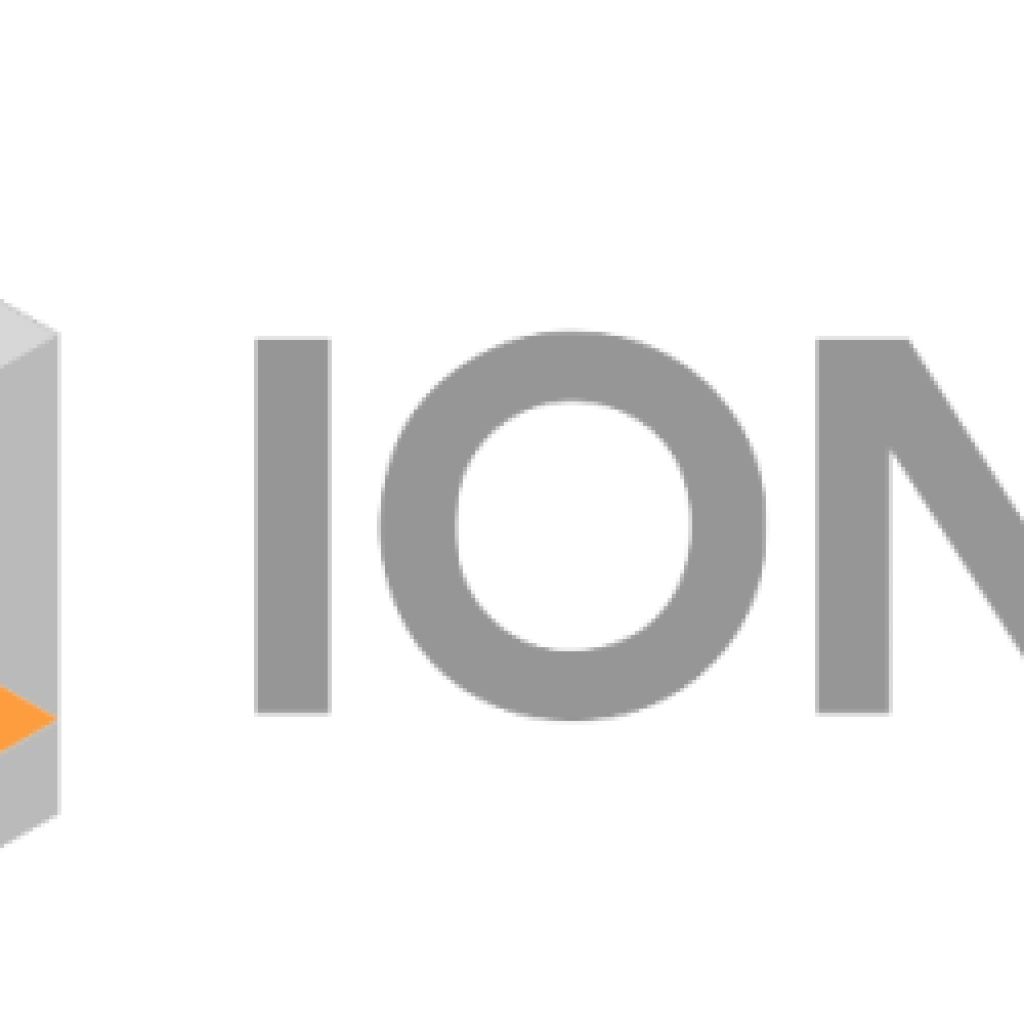IonQ late Monday reported $2 million in revenue for the first quarter, in line with its previous projection for the quarter, and registered $4.2 million in bookings during the period. The company also announced plans for its newest quantum computer, Forte, which will launch with limited availability later this year.
The earnings report comes less than two weeks after a report from short-seller Scorpion Capital bombarded IonQ with criticism over its technology, business projections and executive leadership.
IonQ CEO Peter Chapman and other company executives on IonQ’s first quarter earnings call did not directly address the Scorpion Capital report, but Chapman did respond to a question from analyst on the call who referenced the claim in the Scorpion report that IonQ’s current quantum computer could not determine the answer to 1 + 1.
“Quantum computing is designed to solve certain differential equations, and at the same time not designed for simple math,” Chapman said. “It’s hard to kind of wrap your head around, but adding 1 +1 isn’t what quantum computers are designed for. That’s simple math, and there’s an app for that on your phone. Today we’re working on problems like general object recognition that look to rival the best classical technology of today. I understand or for everyone trying to kind of understand this quantum stuff. It’s hard. How is it you could solve differential equations, and at the same time, how can it be hard to do 1 + 1? We’ve never said that quantum computers are going to be good at everything. They’re going to be very good, we believe, against a certain set of problems that also happen to be commercially interesting.”
The Scorpion Capital report also criticized the capabilities of IonQ’s early-generation 11-qubit quantum computer, but the company took the opportunity of the earnings report to talk up later-generation systems that are on the way this year. That includes the Aria, a system of 32 physical qubits, and also Forte, which Chapman said will have improved two-qubit fidelity over previous systems.
Forte will incorporate “a new beam-steering technology for the lasers that control its qubits and is designed to allow IonQ to work with larger numbers of qubits and deliver stable beams which IonQ believes can more precisely address and encode those qubits,” IonQ stated in a press release. Forte is expected to launch with select developer, partner and research access in the second half of this year and broader customer access in 2023.
“Regarding the number of systems we expected this year, we are clearly ahead of our previous plan,” Chapman said, adding that IonQ also is about a year ahead of schedule on its previously-established six-year technology roadmap.
An aggressive pace for introduction of new systems also comes with higher costs for research and development, Chapman acknowledged. IonQ’s R&D spending was 101% higher year-over-year, Chapman said that is what the company requires at this phase in its development.
Dan O’Shea has covered telecommunications and related topics including semiconductors, sensors, retail systems, digital payments and quantum computing/technology for over 25 years.
